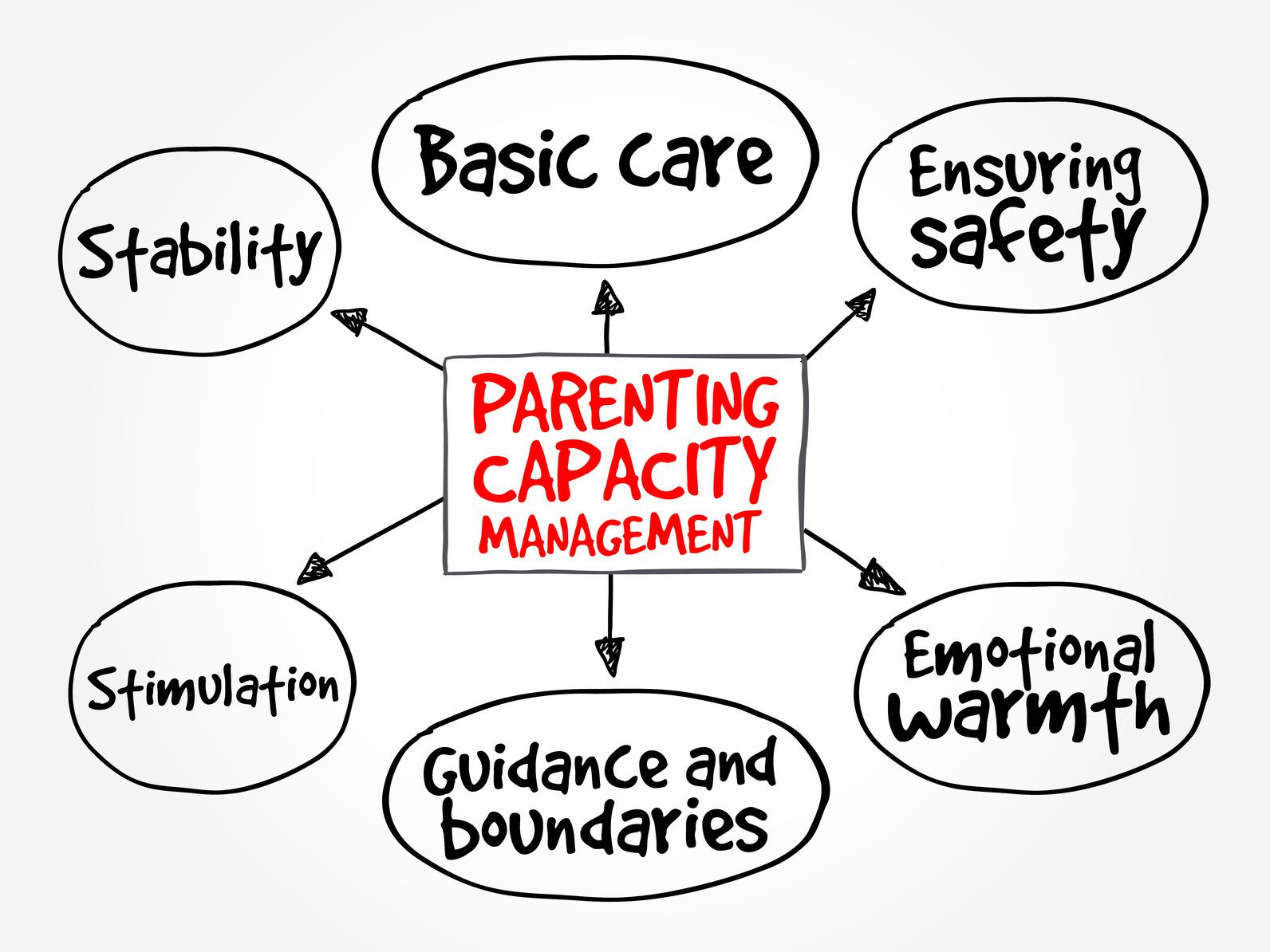Why Should I Develop a Parenting Plan?

Looking for a specific post?
If you are in the process of filing for divorce or are thinking about filing for divorce in Chicago, it is important to know about how a parenting plan can give you control and flexibility with regard to your kids.
As you may know, in some cases, the court enters an allocation judgment through which it allocates parental responsibilities and parenting time. Yet this is not necessarily true in every case. When parents can come to an agreement about parental responsibilities and parenting time, they can develop a “parenting plan” to which the court can agree. Then, the parenting plan stands in place of an allocation judgment.
Requirements of a Parenting Plan Under Illinois Law
When parents work together to develop a parenting plan, they create a document through which they allocate significant decision-making responsibilities for the child, as well as parenting time. The parenting plan must be mutually agreed upon by both parents, and it must be in writing and signed by both parties.
What else do the parents need to do in order to develop a parenting plan that is approved by the court? Timing is important. In order to obtain court approval for a parenting plan, it must be submitted to the court “within 120 days after service of a petition for allocation of parental responsibilities or the filing of an appearance.” However, parents do not need to wait for any specific period of time before submitting a parenting plan. Once divorce proceedings have begun, the parents can submit a parenting plan to the court at any point. Once the dissolution of marriage is final, the terms of the parenting plan become binding.
The terms of the parenting plan must take into account what is in the child’s best interests.
Benefits of a Parenting Plan Instead of an Allocation Judgment
Why should parents work on a mutually agreed upon parenting plan? When parents cannot agree, as we mentioned, both parents separately submit a parenting plan to the court, and the court then enters an allocation judgment. When the parents agree to the terms of a plan, they simply have much more control and flexibility concerning parental responsibilities and parenting time. For example, perhaps one parent has particular expertise on issues of education and wants to be in charge of important decision-making responsibilities for the child’s education. The other parent might have particular expertise in healthcare, and thus wants to make important decisions about the child’s medical and dental care. The parents can agree to these terms in the parenting plan.
Similarly, if one parent feels strongly about spending certain weekends with the child due to the child’s religious upbringing, for example, she can work with the other parent to develop a parenting time schedule that allows for particular weekends with the child. Parents who develop an agreed upon parenting plan often feel more secure in knowing that they played a significant role in determining parental responsibilities and parenting time.
Contact a Chicago Parenting Plan Lawyer
Do you need assistance with a parenting plan? A family law attorney in Chicago can help. Contact Arami Law today.


